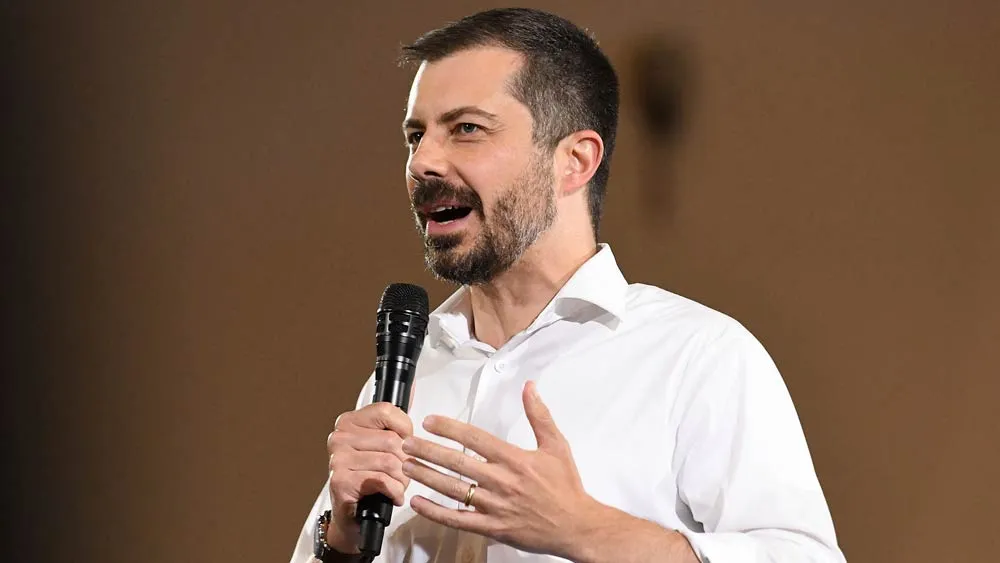October 17, 2012
Trans Activist Janet Mock to Keynote HBGC Gay Youth Conference
Dan Meyer READ TIME: 5 MIN.
Struggling against bullying and fighting for inclusion is an issue that the LGBTQ youth community faces every day in America. As teenagers and young adults try to define who they are and what they want to do in life, they are rarely able to find the help they need. But with their second annual Youth Empowerment Conference on Oct. 20, organizations like It Gets Better and the Hispanic Black Gay Coalition (HBGC) will attempt to provide youth with an opportunity to find acceptance and guidance.
Janet Mock, high-profile transgender advocate for the LGBT community and former editor at People Magazine, is the keynote speaker for the conference.
"I'll be discussing the meaning of service, of using your voice to create the words and images of yourself and your community and what it means to be a young person trying to find yourself in an often times hostile world," Mock told EDGE.
Mock also plans to use her personal experience as a transgender woman of color who came out as transitioning during high school.
"When we reached out to Janet and specifically told her that she came highly requested from the youth, she wanted to do it instantly," said HBGC Co-Founder/Director Corey Yarbrough.
LGBT youth of color will discuss identity, orientation, maintaining healthy relationships, coming out experiences, HIV, violence and more during the day-long conference.
Workshops include "Serving T: How to be an Ally to the Transgender Community," "Advocacy through the Arts," and "No More Drama: Using Poetry to Change the Conversation about Sexual Violence" named after the famous Mary J. Blige hit song (and album) released in 2001.
"We want to provide them with the power to learn from their own experiences, so we're looking to create that," Yarborough explained. "From there, we hope that the attendees will appreciate how to start a movement to incite the changes they want to see in their community."
When asked about the current state of affairs regarding the LGBTQ community, specifically colored youth, the HBGC director said, "As a whole, youth right now are just looking for their voice. The LGBT community is getting a lot of attention from the media for politics and I think they're trying to see where they fit into the big picture."
"While it may appear that marriage is the single most important issue to the LGBT community, it's not necessarily the opinion of a lot of LGBT youth of color that I talk to," said Yarborough.
The problem now, he added, is that these youth are trying to bring other disparities and other equality issues to the attention of the LGBT community as a whole.
According to a report by the Gay, Lesbian and Straight Education Network on experiences by LGBT youth of color in the classroom, sexual orientation and gender expression were the most common reasons they felt unsafe in schools. In addition, "verbal harassment, physical violence and/or discrimination because of sexual orientation, gender expression and/or race/ ethnicity often has more negative effects on the classroom performance and overall attendance of LGBTQ youth of color than their white counterparts."
Yarborough admits that racism still exists within the community, although it might not be as blatant as years or even decades ago.
"It's subliminal," he said. "There is an exclusion of experiences for LGBT youth of color and not having diversity within organizations and leadership that prevents us from empowering ourselves."
The HBGC director said that most sessions would indirectly include the topic of racism since the majority of workshops are led by people of color.
"I hope that the youth leave feeling empowered on many levels to continue forth exactly as they are and use their personal experience and the tools they've attained to go forth and serve their communities," said Mock. "I also believe that there is great power in seeing yourself reflected in the stories and faces of those around you, and this conference will provide young people with a rare opportunity to build community and networks among themselves."
Still, youth need help getting their voice heard. Mock admits that adults in the LGBTQ need to pay more attention.
"Listening is a powerful tool in movement building," she said. "I'd also ask that LGBT adults invest their time, expertise and money to organizations that are doing work that seeks to empower our young leaders because this will be the only way to ensure the strength of our communities."
She added, "Young people know the issues and struggles they're facing and I believe that by giving them a platform to teach those in power, we'll build a more solid movement that truly begins combating issues of homelessness, HIV infections and violence plaguing our young people."
According to Yarborough, more than 200 LGBT youth of color will attend the conference on Saturday -- double the number from last year. In addition, the conference has widened geographically. People from all over the East Coast will be attending, in addition to workshop coordinators who will travel from as far as California. The ages of attendees fall into the under 25 category, but the majority will be between 16-25.
The HBGC Second Annual Youth Empowerment Conference will be held on Oct. 20 at the MIT Campus on Cambridge, Building E-51. For more info, visit www.hbgc-boston.org/node/483
Dan Meyer is a young professional whose stories have appeared in publications such as The Advocate online and UCLA's LGBT magazine entitled "OutWrite." He is also a part-time ESL teacher in Boston.


